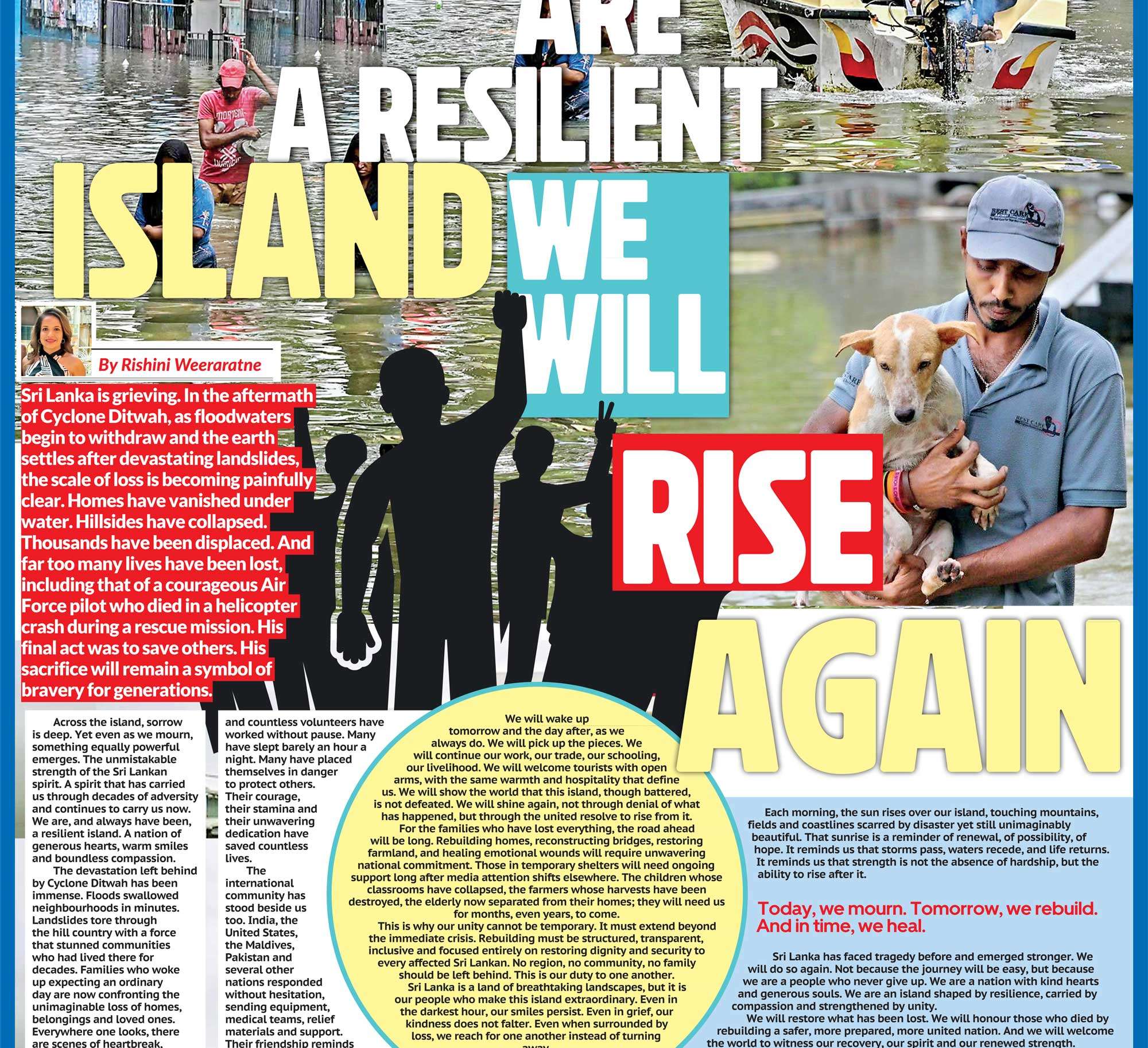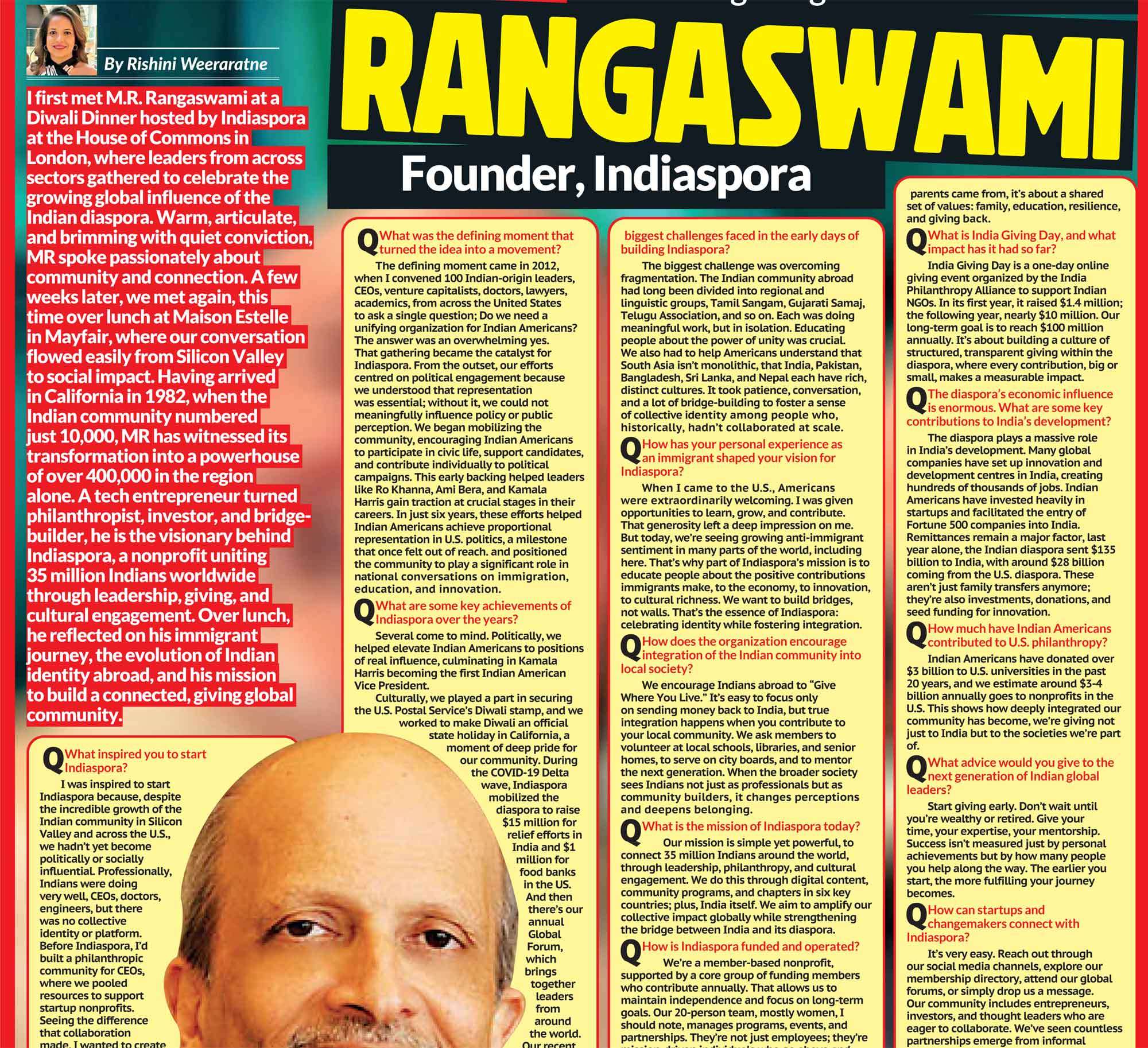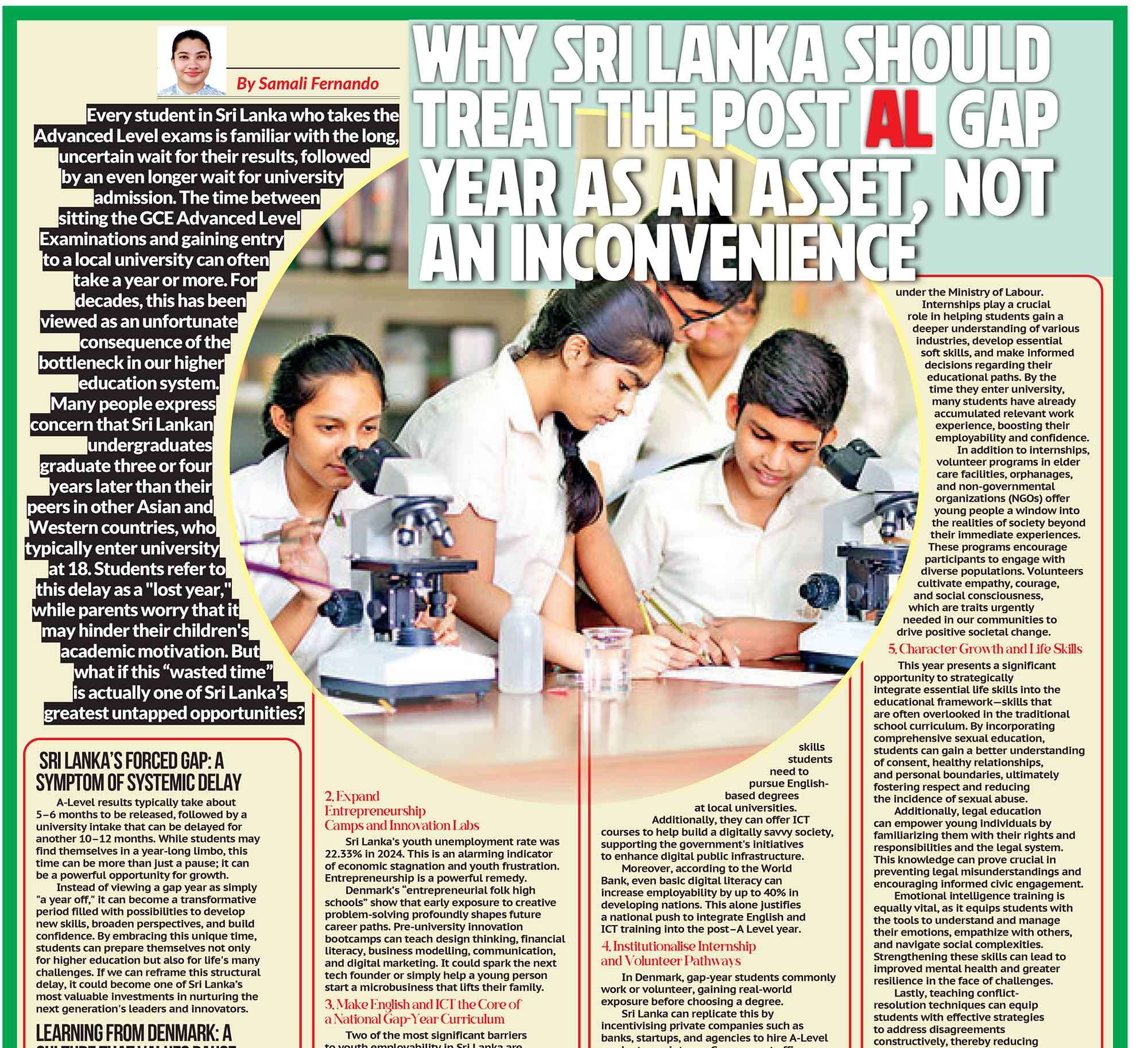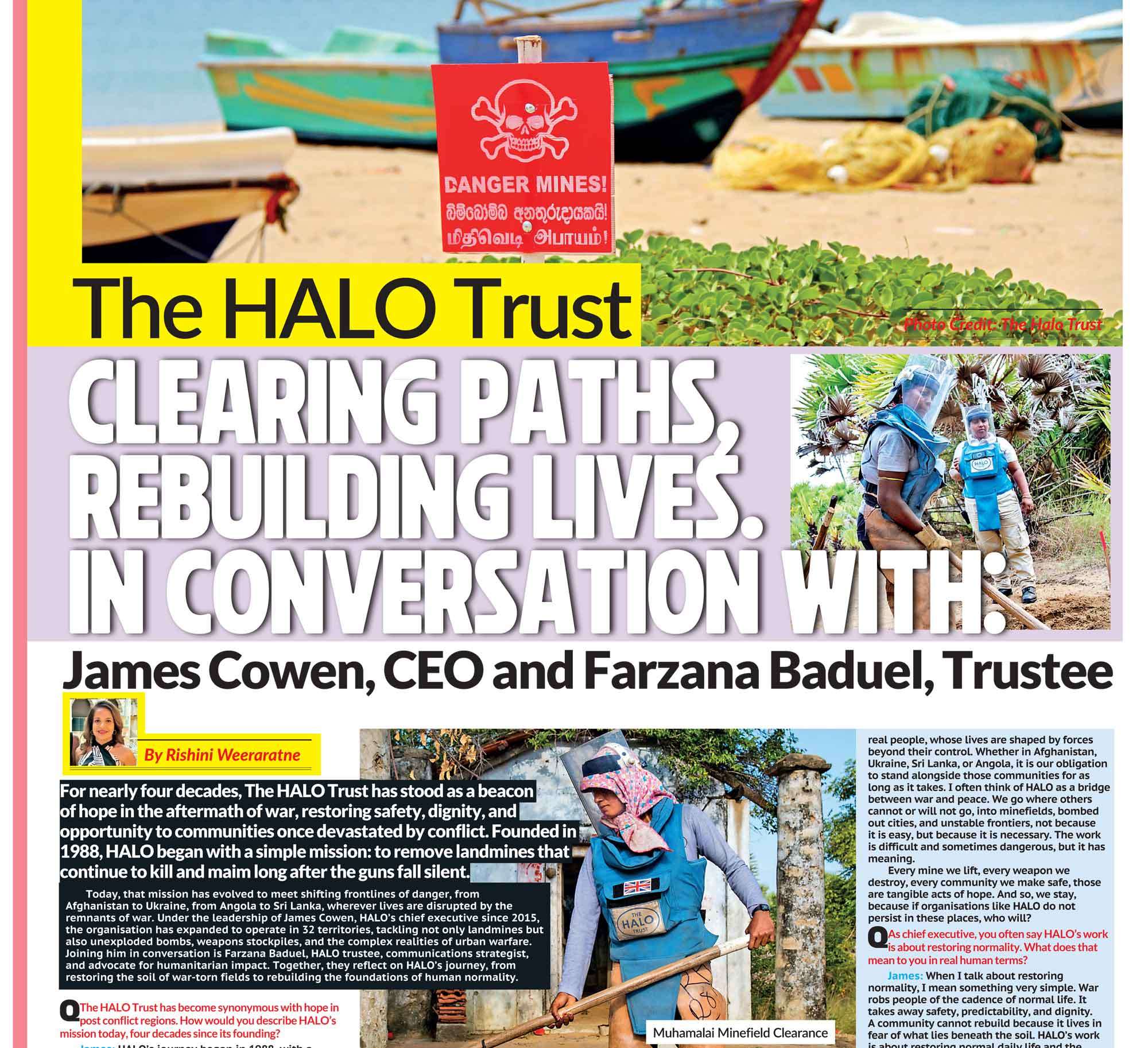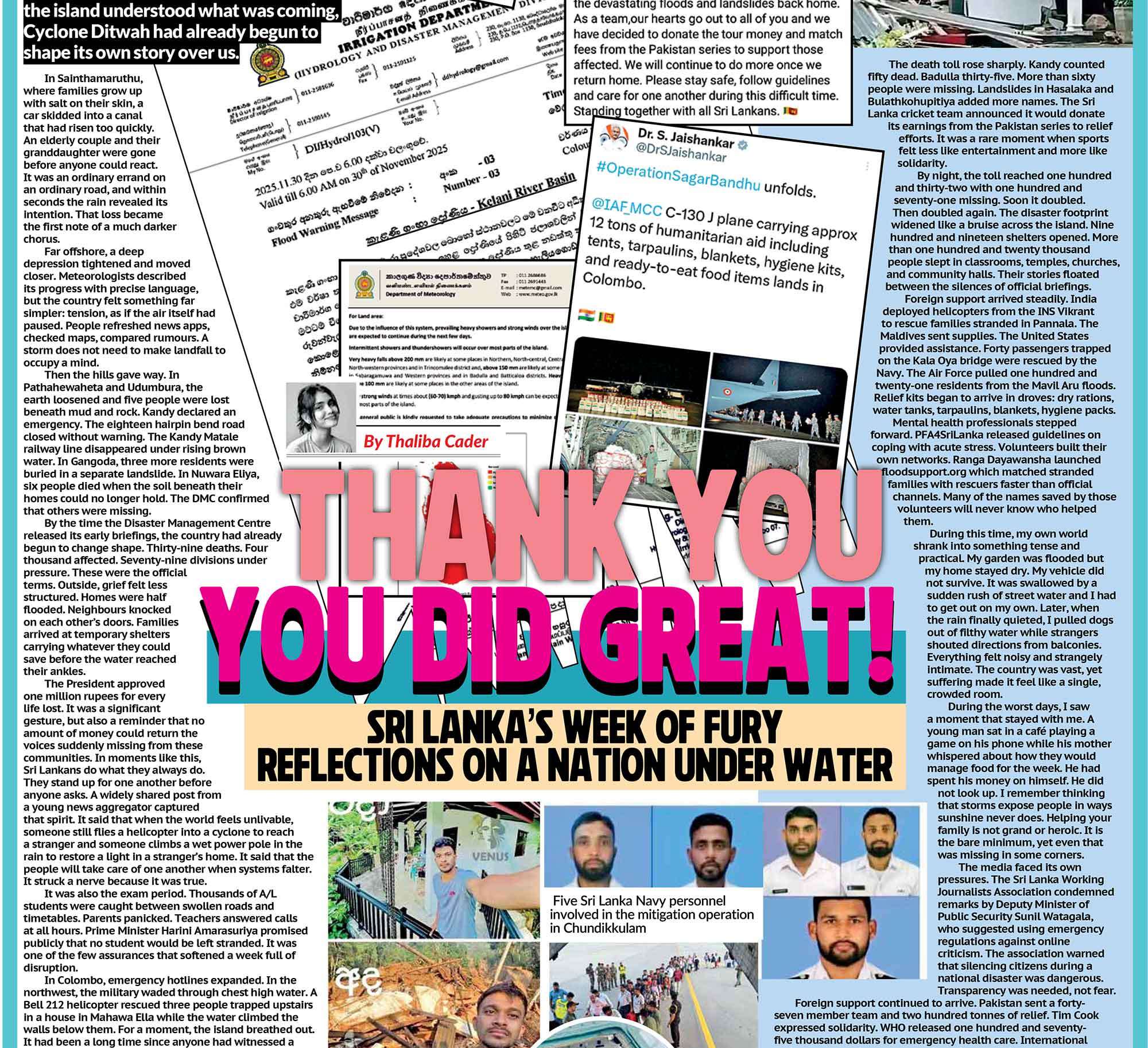The fluorescent hum of the classroom fades into the dusk of another long evening. A teacher closes her laptop, her lesson plans marked and her students’ laughter lingering like a distant echo. On her desk lies a pile of unfinished assignments, and beneath them, a Master’s thesis that has gathered not only dust, but time itself.
FIVE YEARS
Five years of waiting, rewriting, resubmitting. Five years of promises that “this semester will be the last.” And while she waits, another aircraft ascends above Katunayake, carrying a new generation of dreamers, young Sri Lankans with ambition stitched into their passports, bound for Melbourne, Toronto, or London. They leave with hearts full of hope and eyes set on universities that promise what home often withholds: momentum.
THE GREAT ACADEMIC MIGRATION
Education in Sri Lanka is both a triumph and a tragedy. It is our most sacred inheritance and our most haunting paradox. From the first grade to graduation, we are told that learning is the pathway to dignity, mobility, and success. Parents barter comfort for tuition fees. Teachers battle exhaustion for extra income. And our free university system, once the pride of the nation, now struggles under the weight of bureaucracy and delay. The result? An exodus; not of rebellion, but of restlessness. Students and professionals alike flee the stagnation, searching for velocity. Abroad, semesters end on time. Research receives feedback. Guidance feels tangible. The systems function. Deadlines mean something. Here, learning often unfolds in slow motion, caught in administrative tangles and unending revisions. The dreamer becomes the waiter. And so, they go. Not out of disloyalty, but out of disillusionment.
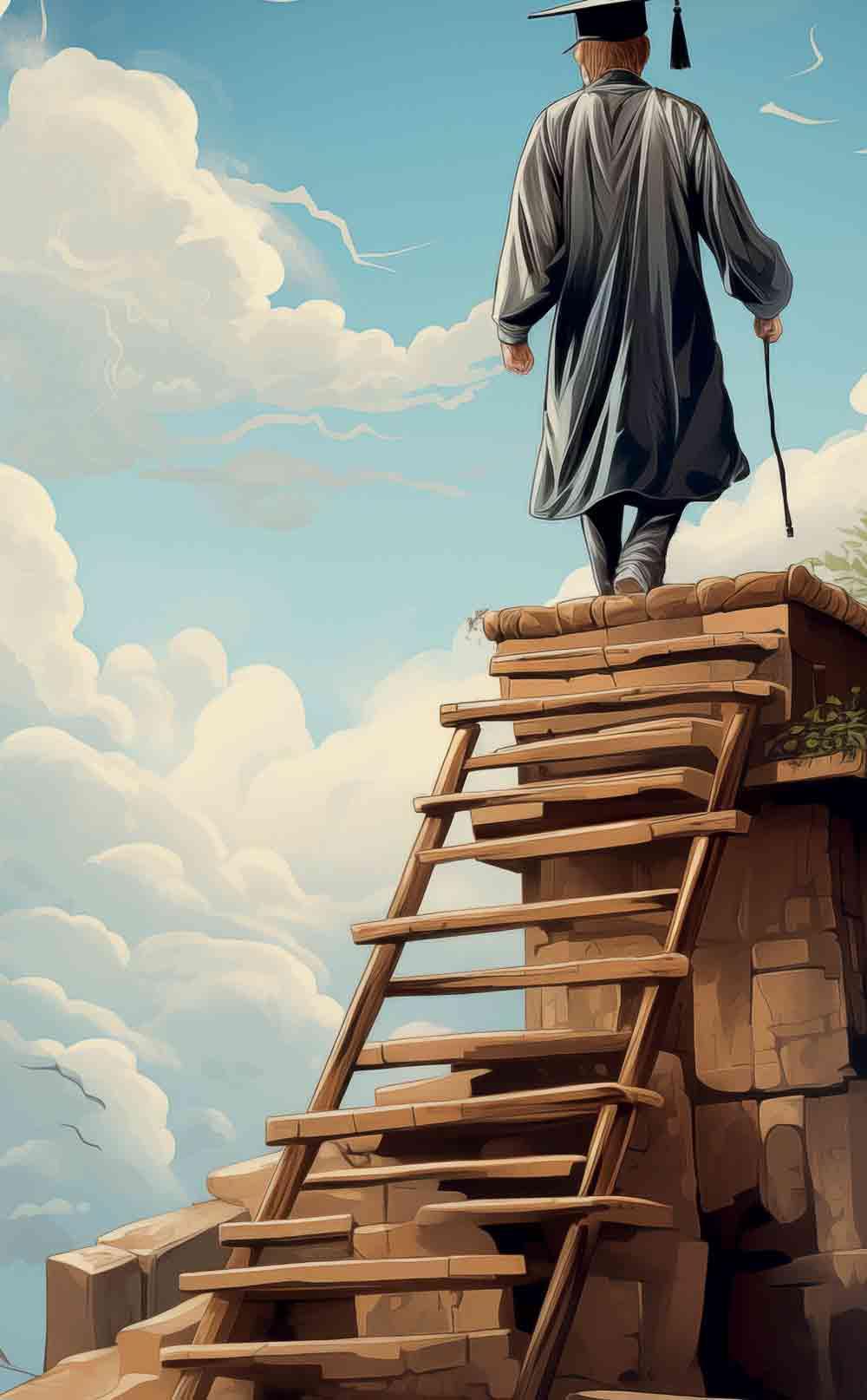
THE THEATRE OF WAITING
There is a strange performance that takes place in the corridors of our universities. The actors are passionate educators, juggling full-time teaching with late-night study. Their stage is cluttered with files, forms, and forgotten feedback. One teacher I spoke to smiled wearily, saying, “My Master’s has become my longest love story; only, we’ve forgotten how to end it.” Her laughter trembled between satire and surrender. These teachers are not failures. They are heroes caught in an unscripted tragedy, a system that tests endurance more than intellect, compliance more than creativity. The academic calendar becomes an eternal rehearsal, where the curtain never quite rises.
The dream of learning turns into an act of waiting. And the applause, recognition, promotion, self-worth, remains somewhere offstage.
WHY THEY LEAVE
When we strip away the clichés, the reasons are both pragmatic and poetic:
Efficiency: Abroad, learning moves with clockwork precision. Here, it limps through red tape.
Exposure: Foreign universities open windows to global thought, while ours often recycle local syllabi.
Freedom: There, creativity is celebrated. Here, it is sometimes footnoted.
Opportunity: Abroad, education links to livelihood. At home, it often ends with another waiting list.
And so, the migration continues, not just for degrees, but for dignity. Because beneath every application letter lies the unspoken ache: I want my work to matter.
THE IRONY OF “FREE”
We take pride in our free education; and we should. Few nations offer such access without financial gates. But there is a hidden price we seldom name: time. Free education often costs us our years, our enthusiasm, and our momentum. A postgraduate once told me, “Yes, it’s free, but I’ve paid with five years of my life.” Her words echo a deeper truth. “Free” becomes an illusion when systems are slow, guidance sporadic, and accountability fragile. We don’t lose money; we lose motion. And for the ambitious, stagnation is the highest cost of all.
A CALL FOR RENEWAL, NOT ESCAPE
This is not an indictment of Sri Lankan academia; it is a lament, and a call. Our universities are home to extraordinary intellects, deeply committed mentors, and students whose creativity could light entire stages. But brilliance alone cannot survive delay. Education must breathe. It must adapt. It must respect time as the living currency of learning. If we infused our institutions with the same urgency, imagination, and structure that students find overseas, we could transform this island into an academic sanctuary rather than a departure lounge. Imagine if “staying” became a statement of strength, not of sacrifice.
CURTAIN CALL
As the Colombo teacher walks through the darkened corridor, she hears the echo of her students’ practicing lines from a school play. Their voices rise in unpolished confidence; raw, fearless, alive. She pauses, a faint smile softening her fatigue. Maybe she’ll submit that thesis next month. Maybe her supervisor will reply this time. Or maybe she’ll finally apply for that scholarship abroad. Either way, she carries the same unyielding flame that fuels every learner on this island: the will to move forward, to grow, to be seen.
Because behind every flight ticket, every delayed dissertation, and every lingering hope lies the same quiet yearning, not merely to study, but to become.


